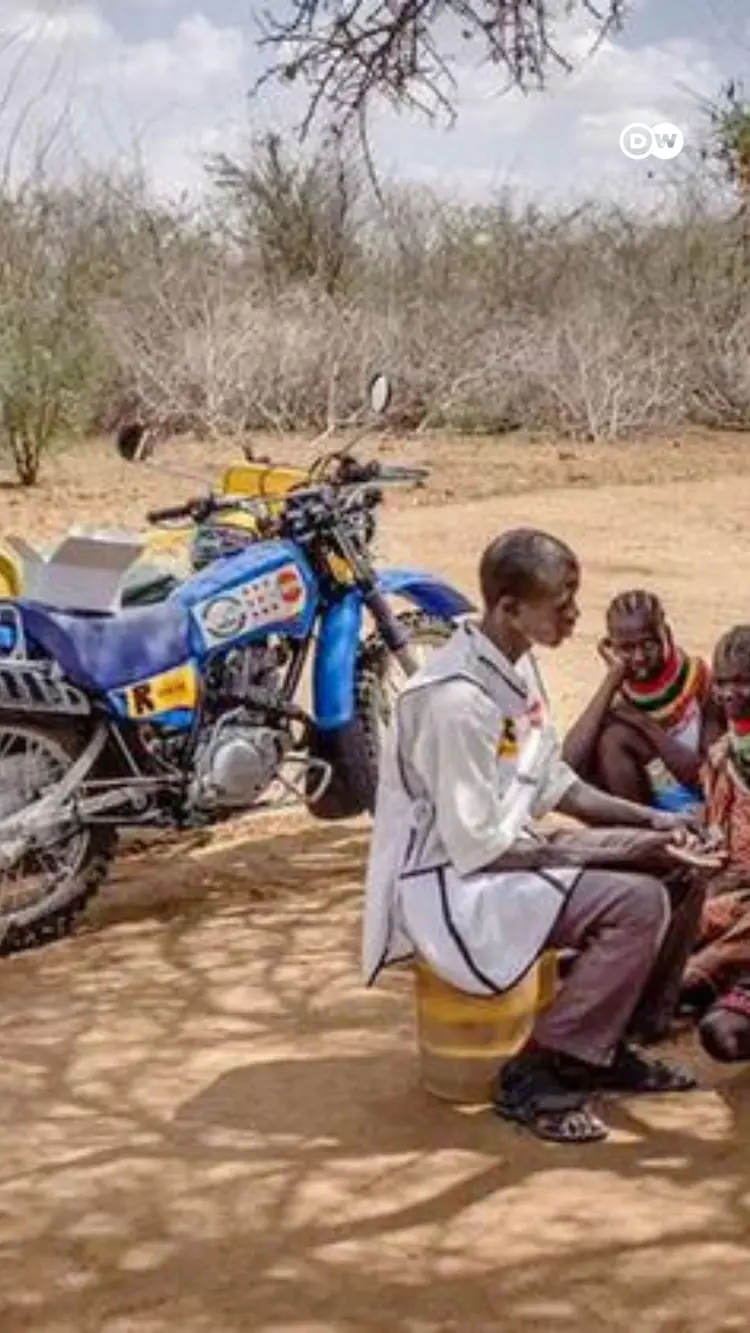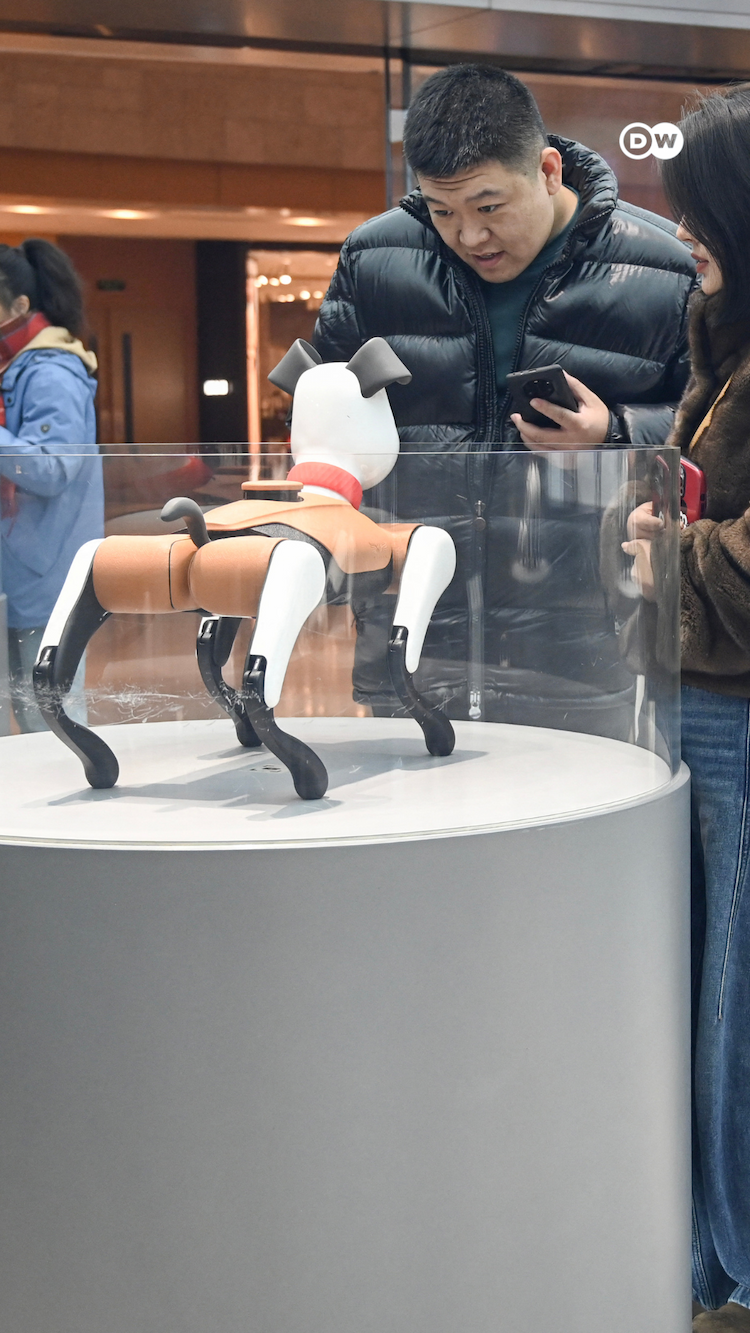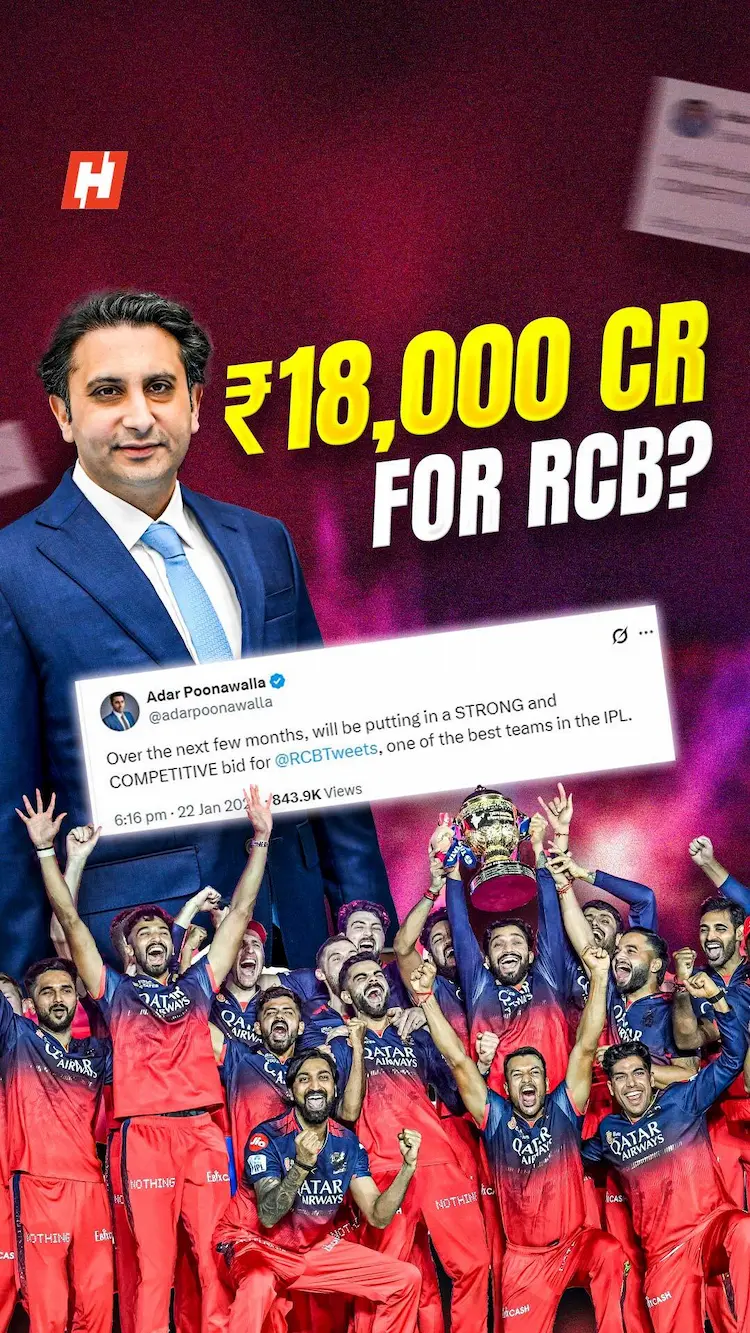Red Fort blast: Are you insured against terror attacks?
The recent car explosion near Delhi’s Red Fort Metro station has sparked an important question we rarely think about are we financially protected if a terrorist attack hits us, our property, or our business?
Terror attacks are rare, but when they do happen, they destroy more than just lives. They wipe out homes, vehicles, shops, and livelihoods in seconds. Here’s what financial protection actually looks like in such cases.
Life and Health Insurance Coverage
Loss of life caused by a terrorist attack is generally covered under life insurance policies, unless the insurer has specifically excluded it.
Similarly, health insurance typically covers injuries and hospitalisation expenses if you’re a victim of a terror incident. However, it’s always wise to check your policy wording for exclusions before assuming you’re covered.
What About Cars, Homes, and Businesses?
This is where most people are unprotected. Standard motor, home, or business insurance policies do not automatically cover terrorism-related damage. To get that protection, policyholders need to add a terrorism cover separately by paying a small additional premium.
It’s often an optional add-on, and many people skip it without realising the risk.
The Story Behind Terrorism Insurance in India
After the 9/11 attacks, global reinsurers stopped offering terrorism coverage due to the scale of potential losses. To handle this gap, India created the Terrorism Risk Insurance Pool in 2002. Managed by the General Insurance Corporation of India (GIC Re), this pool allows insurers to share the risk of terror-related claims.
However, there’s a limit the coverage is capped at ₹2,000 crore per location. Any loss beyond that amount may not be fully covered.
The One Question to Ask When You Renew
The next time you renew your insurance policy whether for life, health, or property ask this one question: “Does my cover include terrorism risk?” It’s a small detail that could make a big difference when it matters most.
Final Note
Insurance can’t undo the loss caused by terror attacks, but it can offer a crucial financial cushion for those left behind.









